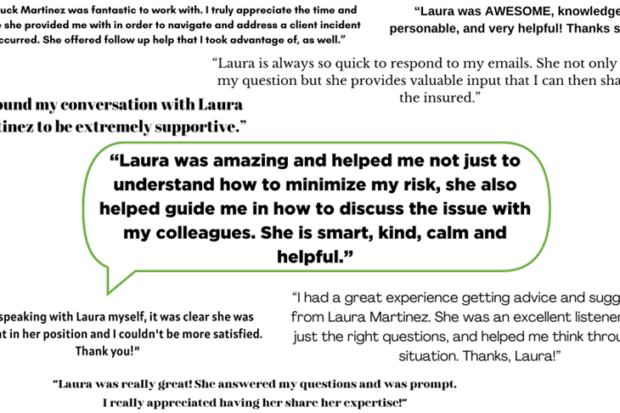In 2015, the CDC reported that 4.5 million people received home health care, and experts argue that this number has only risen in recent years. The rise in the frequency of hospital-at-home models, compounded by the COVID-19 pandemic, has contributed to dramatic growth in the sector. While home health is widely considered to be a great alternative to hospitals and nursing facilities, one overlooked area is that the industry is struggling to keep pace with demand, seeing a steady increase in liability claims since 2011.
Home health made up more than 20% of total closed claims against nurses in 2020, while professional liability for nurses in other areas of aging services only accounted for 11.2% of claims in 2020.
There are a variety of factors that can cause home health care workers to be at higher risk for liability claims, including lacking institutional support from hospitals, skilled nursing facilities, and other health care organizations. However, the main cause is more likely the rapid shift towards home health, including hospital-at-home programs, skilled nursing facilities (SNF) at-home models, in-home cancer care initiatives, and specialized at-home offerings. As the demand for home care rockets, workers are struggling to keep up and potential risks increase.
In addition to demand for care, the type of workers that take on home health positions also plays an important role. The majority of care in the home is delivered by unlicensed assistive personnel and certified nursing assistants (CNAs), placing more responsibility on home-based nurses for overall patient care.
Demand for workers in the field is expected to increase by 41% by 2026, which will outpace job growth, only expected to increase by 18%. The industry has been challenged by difficulties in hiring and training, and there has been some concern that recent immigration legislation could lead to additional staffing shortages, as a significant number of workers are traditionally foreign-born.
The current situation facing home health workers makes risk management a priority for the industry. A combination of focused hiring and training procedures and close relationships with risk management consultants, like OmniSure, are key for home health care agencies now and in the future.
As an expert in the field, OmniSure recommends maintaining regular oversight practices to monitor activities of in-home care staff along with making sure that nurses stay on top of documentation and communicate regularly with physicians involved in patient care. It’s also important that home health workers and nurses stay within their own scope of practice. Through efforts from workers, nurses, their agencies, and their risk management partners like OmniSure, the industry can stay on top of this rise in malpractice claims and continue to be seen as a key player in the field.
OmniSure is ready to support your team–see how we can help here.
Watch our home health video for more tips:



